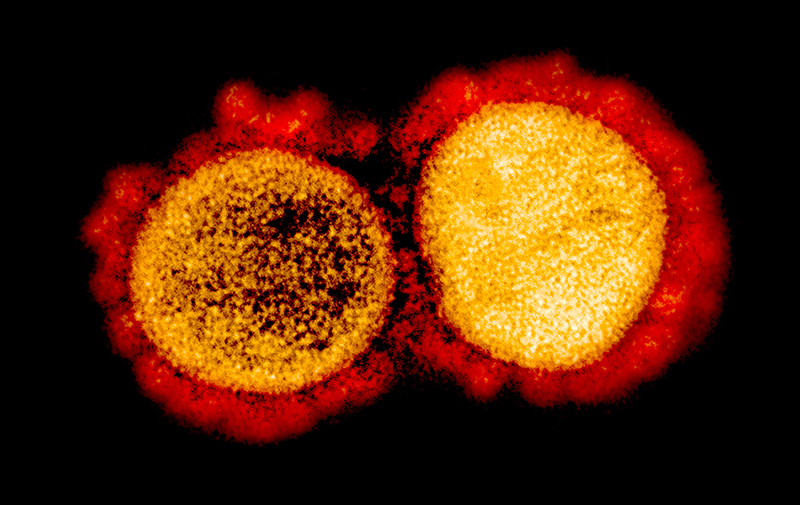Health Links
 CDC’s First Nationally Representative Survey of High School Students During the Pandemic Can Inform Effective Programs
CDC’s First Nationally Representative Survey of High School Students During the Pandemic Can Inform Effective Programs
Findings highlight that a sense of being cared for, supported, and belonging at school — called “school connectedness” — had an important effect on students during a time of severe disruption. Youth who felt connected to adults and peers at school were significantly less likely than those who did not to report persistent feelings of sadness or hopelessness (35% vs. 53%); that they seriously considered attempting suicide (14% vs. 26%); or attempted suicide (6% vs. 12%). However, fewer than half (47%) of youth reported feeling close to people at school during the pandemic. “School connectedness is a key to addressing youth adversities at all times – especially during times of severe disruptions,” said Kathleen A. Ethier, PhD, Director of CDC’s Division of Adolescent and School Health.
more »
 National Institutes of Health-funded Study Suggests COVID-19 Increases Risk of Pregnancy Complications
National Institutes of Health-funded Study Suggests COVID-19 Increases Risk of Pregnancy Complications
The study included more than 13,000 pregnant individuals from 17 U.S. hospitals, approximately 2,400 of whom were infected with SARS-CoV-2. Participants delivered between March 1 and December 31 2020, before SARS-CoV-2 vaccination was available. The researchers compared outcomes among those with COVID-19 to those from uninfected patients, and tabulated the study results as a primary outcome — whether the patient had died from any cause or had a serious illness or condition related to common obstetric complications. They also evaluated the results in terms of several secondary outcomes, including cesarean delivery, preterm birth, and fetal and newborn death. more »
 National Institutes of Health: COVID-19 Vaccines Linked to Small Increase in Menstrual Cycle Length
National Institutes of Health: COVID-19 Vaccines Linked to Small Increase in Menstrual Cycle Length
"The team found that women who received a COVID-19 vaccine had an average increase in cycle length of nearly one day for each dose. Among women who received a two-dose vaccine, the first dose was associated with a 0.71-day increase in cycle length and the second dose with a 0.91-day increase. After adjustment for age, race and ethnicity, BMI, education, and other factors, the change in cycle length was still less than one day for each dose. Receiving two vaccine doses within the same menstrual cycle increased the cycle length further — about two days on average. Women’s cycle lengths often fluctuate, and experts consider cycle variation of up to eight days to be normal. The longer menstrual cycles after vaccination decreased in subsequent cycles, suggesting they are likely temporary." more »
 The National Institutes of Health Report Details 20 Years of Advances and Challenges of Americans’ Oral Health Which Plays a Central Role in Overall Health
The National Institutes of Health Report Details 20 Years of Advances and Challenges of Americans’ Oral Health Which Plays a Central Role in Overall Health
"Healthy behaviors can improve and maintain an individual’s oral health, but these behaviors are also shaped by social and economic conditions. Oral and medical conditions often share common risk factors, and just as medical conditions and their treatments can influence oral health, so can oral conditions and their treatments affect other health issues. Substance misuse and mental health conditions negatively affect the oral health of many. Group disparities around oral health, identified 20 years ago, have not been adequately addressed, and greater efforts are needed to tackle both the social and commercial determinants that create these inequities and the systemic biases that perpetuate them." more »






